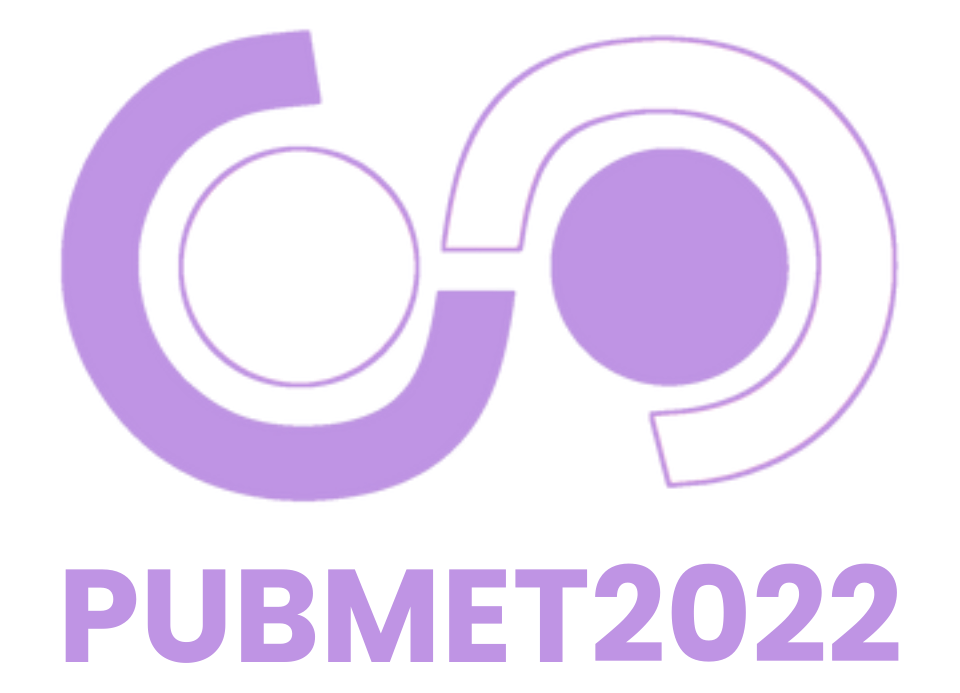The incentives and rewards in scholarly communication: the good, the bad and the possible

Science is a dynamic system with many stakeholders performing different activities, expecting incentives or rewards for the published outcome in form of a published journal article, a conference paper, a book, a patent, a research data set etc. Positive outcomes of scientific activities properly communicated aim to lead to possible new grants, academic promotions or tenure so it is important for scientists to remain highly motivated. The motivation usually comes in form of incentives or rewards provided by scientific institutions, or industries scientists are working in or by funding bodies supporting science. The existing reward system in science including its good and bad sides have frequently been in focus of interest of researchers of scientific communication due to problems in integrity of science it created over time i.e. driving scientists to bad science. The reward system is generally intended to support scientists “positive behaviour and to motivate them to perform better” (Jindal-Snape & Snape, 2006, 1326). However, rewards could also influence the choice of research i.e. scientists will, possibly and factually choose doing research which brings rewards and neglect or avoid research for which they can’t receive reward. Some scientists choose publishable results instead of accurate results (Nosek, Spies and Motyl, 2012) to advance their career, which is nowadays the biggest problem in science. Catillon (2020) identified three key motivators for scientists regarding expectations about rewarding their work: a.) the intrinsic reward of doing science, b.) academic prestige, and c.) monetary rewards. Of all three motivators, the first and the second are well known while the third is not widely known (although the examples can be easily found). monetary reward is an incentive for scientists in some academic institutions, but it can also drive scientists to pursuing bad science in exchange for money. Such scientist may develop conflicts of interest or receive monetary rewards contingent on results (Catillon, 2020). Zhao (2020) offered another view on types of incentives: 1.) material incentives – the salary incentive; 2.) affirmative incentive – affirming the accomplishment of task, affirming scientific and technological progress and affirming innovative ideas; 3.) cultural incentive; 4.) honorary incentive – linking work performance with promotion 5.) environmental incentive – creation of good office environment including technology advancement. The EU funded project CONCISE found out the following scientists’ incentives to engage in science communication: as a social commitment: as payment to citizens who fund science by paying their taxes, to improve democracy, to inform society, to raise awareness, to promote science, to increase scientific culture, to promote scientific vocations; as a strategy to get personal or professional benefit: to attract funding, to attract scientific collaborations, to reach a broader audience, to convince strategic publics, to enjoy themselves; as part of researchers’ job: included as a mandatory issue in research projects, promoted by the research institution, criterion by funding bodies. There are also negative sides of science output publishing, disclosing or sharing. Some scientists fear that sharing results of research data (too early or long after the research was done) may results in loosing the competitive edge or reducing the academic credit for the research. These and other incentives reflect on scientists’ views on their jobs and possible future. This paper will sum up some of the most important points about incentives and rewards in science today and its possible influence on the quality of scientific endeavour. It will use literature review as a principal method for gathering facts. The goal of the paper is to raise attention to the good and bad sides of incentives and rewards in science as means of motivation, especially in era of research data sharing.
Radovan Vrana
Faculty of humanities and social sciences, University of Zagreb
Department for information and communication sciences
Zagreb, Croatia
ORCID ID: 0000-0002-8867-8275

